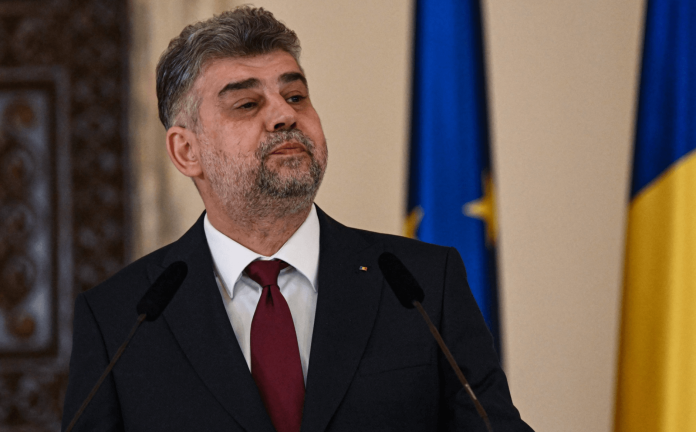Marcel Ciolacu, Prime Minister of Romania, has ordered land-based gambling restrictions which now require re-examination by the Constitutional Court of Romania to become a federal law.
The Supreme Court of Cassation and Justice announced the judgment and will evaluate the new land-based gambling restrictions which aim to reform Romania’s Criminal Code.
To change Romania’s Criminal Code, the Supreme Court has mandated a ‘constitutional review’ of the measure, prohibiting gambling in towns with fewer than 15,000 registered inhabitants.
In April, PM Ciolacu authorised the executive order of the ‘Legea Păcănelelor’ (The Pannel Law), which Parliament approved to enforce the headline measure.
The law will change Romania’s Criminal Code, making it a crime to operate slot-machine gaming devices without a municipal license, confirming that gambling venues must be in localities with over 15,000 inhabitants.
Penalties for violations range from three months to a year of imprisonment or a fine. Issuing a false population size certificate by the town hall will be punishable by six months to three years imprisonment.
The Supreme Court examined the headline measure and found that prohibiting gambling in rural towns violates Romania’s ‘bicameral principle’ on sanctioning federal laws. The proposed measures contain “constitutional flaws of both an extrinsic and intrinsic nature”.
In addition, the court highlighted the law’s deficiency in determining which Romanian towns will be subject to the law and how impacted venues will be required to relocate.
Further complications arise from the unclear enforcement of these regulations, especially in rural areas with limited municipal resources. The lack of compensation for local businesses affected by relocation mandates has also sparked contention among stakeholders.
The government is committed to stringent gambling regulations, as Ciolacu emphasised the need to protect public welfare over economic gains from gambling activities.
This commitment is evident in the recent appointment of Cristian-Gabriel Pascu as Vice President of the National Gambling Office (ONJN), despite his lack of experience in gambling or government, which raises concerns about effective enforcement.
As the government navigates legislative challenges, the focus remains on ensuring a controlled and regulated gambling environment, prioritising the well-being of its citizens.
Ciolacu stands by the executive measures of the Legea Păcănelelor as the most comprehensive action to end the exploitation of gambling in 90 per cent of Romanian towns.
Despite deferring summer enforcement, Parliament remains confident that the prohibition measure will stand. The government proposes no compensation for Romania’s 27 licensed operators of betting offices, including market leaders SuperBet, StanleyBet, Casa Pariurilor (Fortuna Entertainment) and Mozzart Kladionica.



























